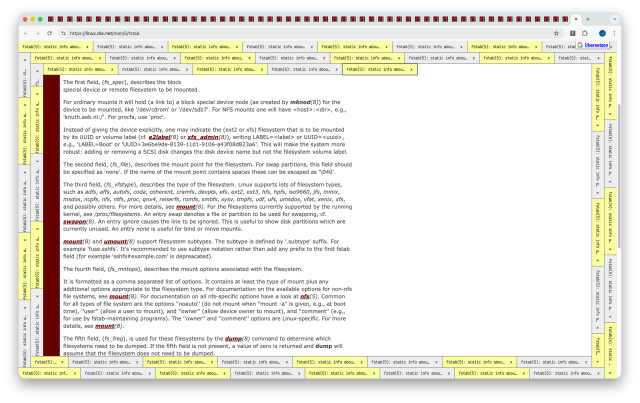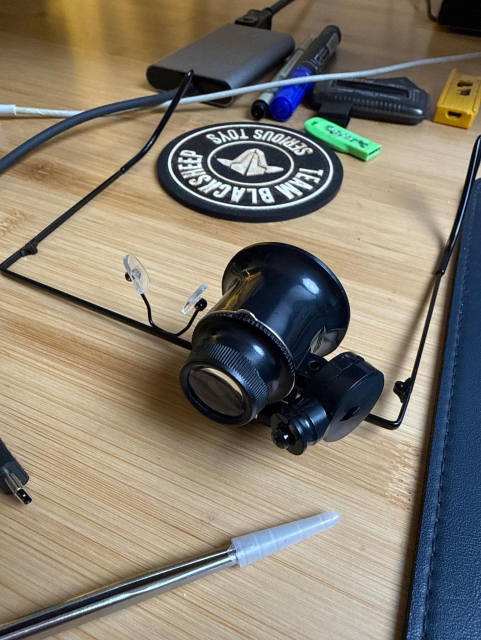So I've been getting a lot of spam calls today, so when one popped up I was like screw it, let's mess with them. So I answered, went "AAAAAAAAAAAAAAAAAAAAAAAAAH," and hung up. Then I got a text that said "Are you okay? Do you need me to call for help?" And that's how I learned I didn't have that person's number saved in my phone. 😭
So I guess that's what I'll be thinking about every time I'm falling asleep for the next 30 years.
reshared this




 )
)















Martin Bodlák 💙💛
in reply to Archos • • •Archos
in reply to Martin Bodlák 💙💛 • • •